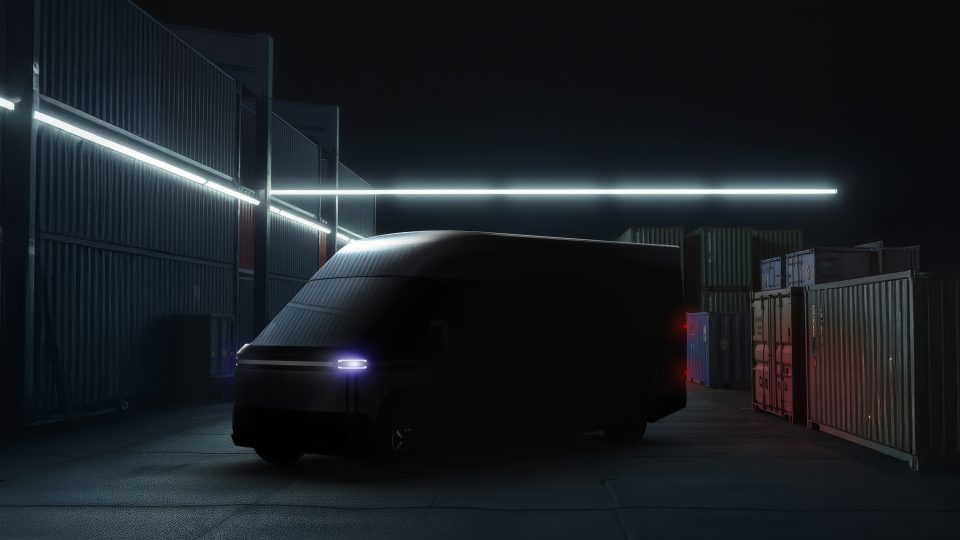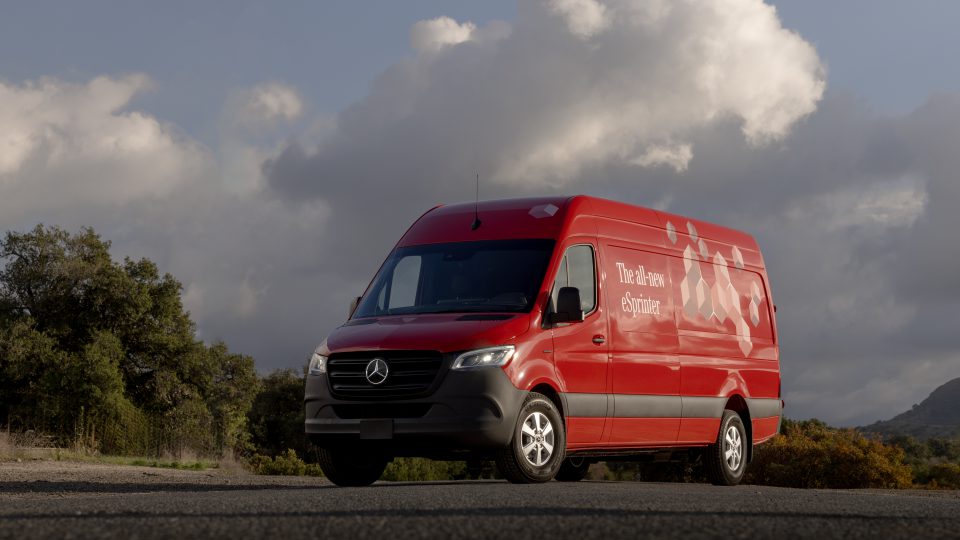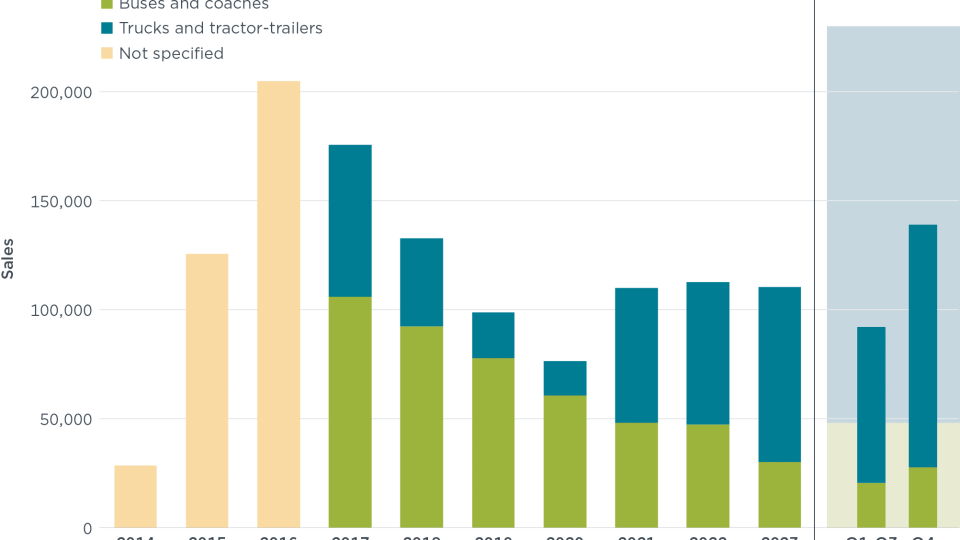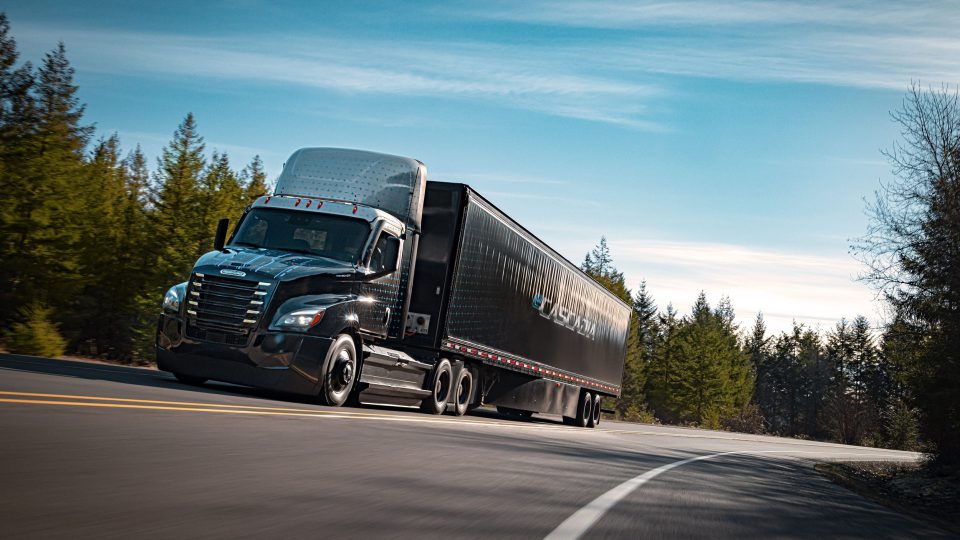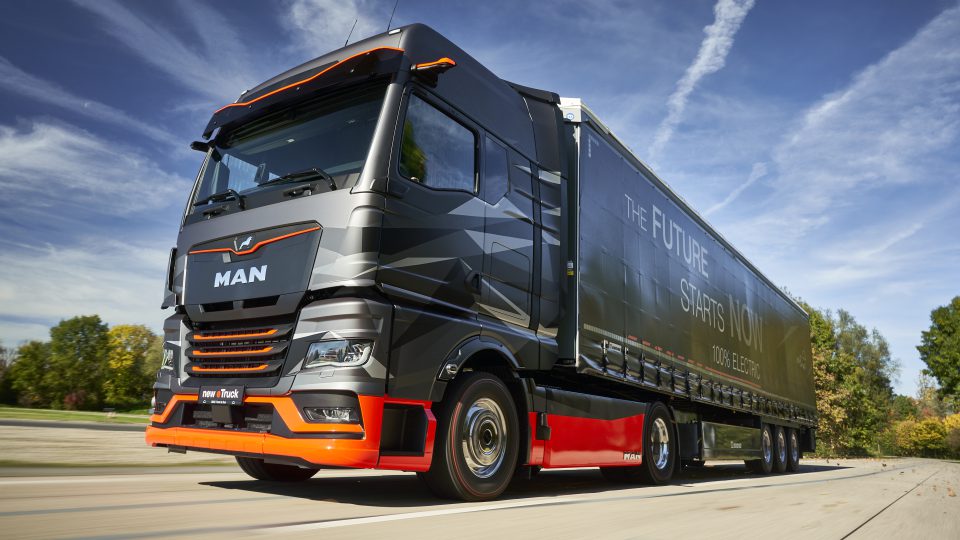Euro 7, ACEA partly satisfied with EU Parliament vote for a more ‘realistic’ approach
“The fact remains that Euro 7 represents a significant investment for vehicle manufacturers, on top of their huge decarbonisation efforts,” stated ACEA Director General, Sigrid de Vries. “Europe needs a proportionate Euro 7 that balances environmental concerns and industrial competitiveness.”

ACEA, the European Automobile Manufacturers’ Association, acknowledges that the European Parliament today voted for a more realistic approach to Euro 7, compared to what the European Commission put forward last year. However, according to the international association, Euro 7 “still comes with a heavy price tag and at a very critical juncture in the industry’s transformation”.
“The fact remains that Euro 7 represents a significant investment for vehicle manufacturers, on top of their huge decarbonisation efforts,” stated ACEA Director General, Sigrid de Vries. “It also comes in an extraordinarily challenging geopolitical and economic context, marked by soaring energy prices, supply chain shortages, inflationary pressures, and lagging consumer demand. Europe needs a proportionate Euro 7 that balances environmental concerns and industrial competitiveness.”
ACEA Director General, Sigrid de Vries, on Euro 7
“There can be no doubt about the industry’s commitment to improving air quality. That is why the auto industry has already poured extensive resources into the latest Euro pollutant standards, Euro 6/VI. These investments have paid off, as exhaust emissions are barely measurable today.”
ACEA believes it makes sense to address brake and tyre emissions with Euro 7, as these are also relevant for electric vehicles, and will be the leading source of road pollutant emissions in the future. However, as the testing methods for non-exhaust emissions are entirely new and untried, the technical feasibility of these new targets needs to be ensured.




